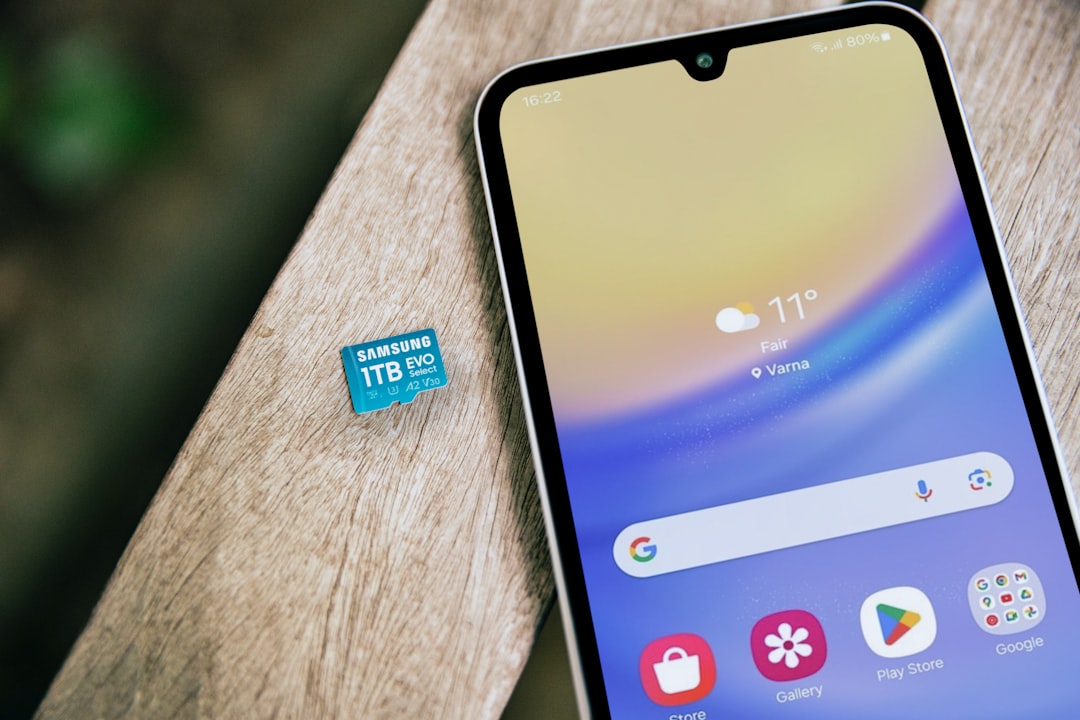Illinois' Spam Call law firm enforces strict regulations against robocalls and spam, prioritizing consumer privacy and consent. Educating residents about their opt-out rights and empowering them with tools like AI-based spam detection apps fosters a community-driven solution to combat nuisance calls. Collaboration between legal experts and consumer agencies further enhances these efforts, leading to reduced unwanted communication across the state.
In Illinois, where strict spam call laws are in place to protect residents, engaging citizens in robust robocall solutions is essential. This article guides you through a comprehensive strategy to combat nuisance calls. We start by demystifying Illinois’ Spam Call Laws and their implications. Then, we delve into educating residents about the power of information to identify and report unwanted calls. Finally, we explore effective mitigation strategies for both individuals and law firms looking to implement change in the face of these persistent intrusions.
Understanding Illinois' Spam Call Laws

In Illinois, robocalls and spam calls are regulated by the Telemarketing and Consumer Fraud Prevention Act, which is one of the most stringent in the nation. This law firm protects residents from unsolicited phone marketing by setting clear guidelines on what constitutes a valid call and what’s considered spam. Understanding these laws is crucial for businesses looking to engage Illinois residents through robocall solutions. Any call that fails to meet these standards can result in significant fines, impacting both the company’s reputation and bottom line.
Illinois’ Spam Call Law firm ensures that consumers have control over how they receive marketing messages, promoting transparency and consent-based communication. To comply, businesses must obtain explicit permission from recipients before making automated calls, providing an opt-out mechanism during each call, and respecting individual choices to stop receiving such calls. By adhering to these regulations, companies can foster trust with Illinois residents and leverage robocall solutions effectively while staying within legal boundaries.
Educate Residents: The Power of Information

In Illinois, residents are protected from spam calls by state laws designed to safeguard their privacy and peace of mind. Educating them about these protections is a crucial first step in fostering engagement with robocall solutions. By informing folks about the Spam Call law firm in Illinois and the rights it grants them—such as the ability to opt-out of automated calls—you can build trust and encourage participation in implementing more effective call management strategies.
Empowering residents with knowledge ensures they understand that blocking or ignoring spam calls is not only possible but also legally supported. This awareness can motivate them to take action, whether it’s signing up for do-not-call lists, utilizing robocall-blocking apps, or providing feedback to telecommunications regulators. An informed community is an engaged community, ready to embrace innovative solutions that reduce unwanted and nuisance calls.
Implementing Effective Robocall Mitigation Strategies

In Illinois, where a robust Spam Call law is in place, engaging residents in effective robocall solutions requires tailored strategies that address their concerns and needs. One powerful approach is to educate citizens about the available tools and technologies that can filter and block unwanted calls. Many Illinois residents are already familiar with the frustration caused by spam calls, making them receptive to solutions that empower them to take control of their communication channels.
Promoting robocall mitigation apps and services specifically designed for mobile devices and home phones can be an effective way to engage the community. These tools often leverage advanced AI algorithms to identify and block spam, ensuring residents’ peace of mind. By collaborating with local law firms and consumer protection agencies to spread awareness about these solutions, Illinois communities can collectively reduce the impact of robocalls, fostering a safer and more secure communication environment for all residents.






